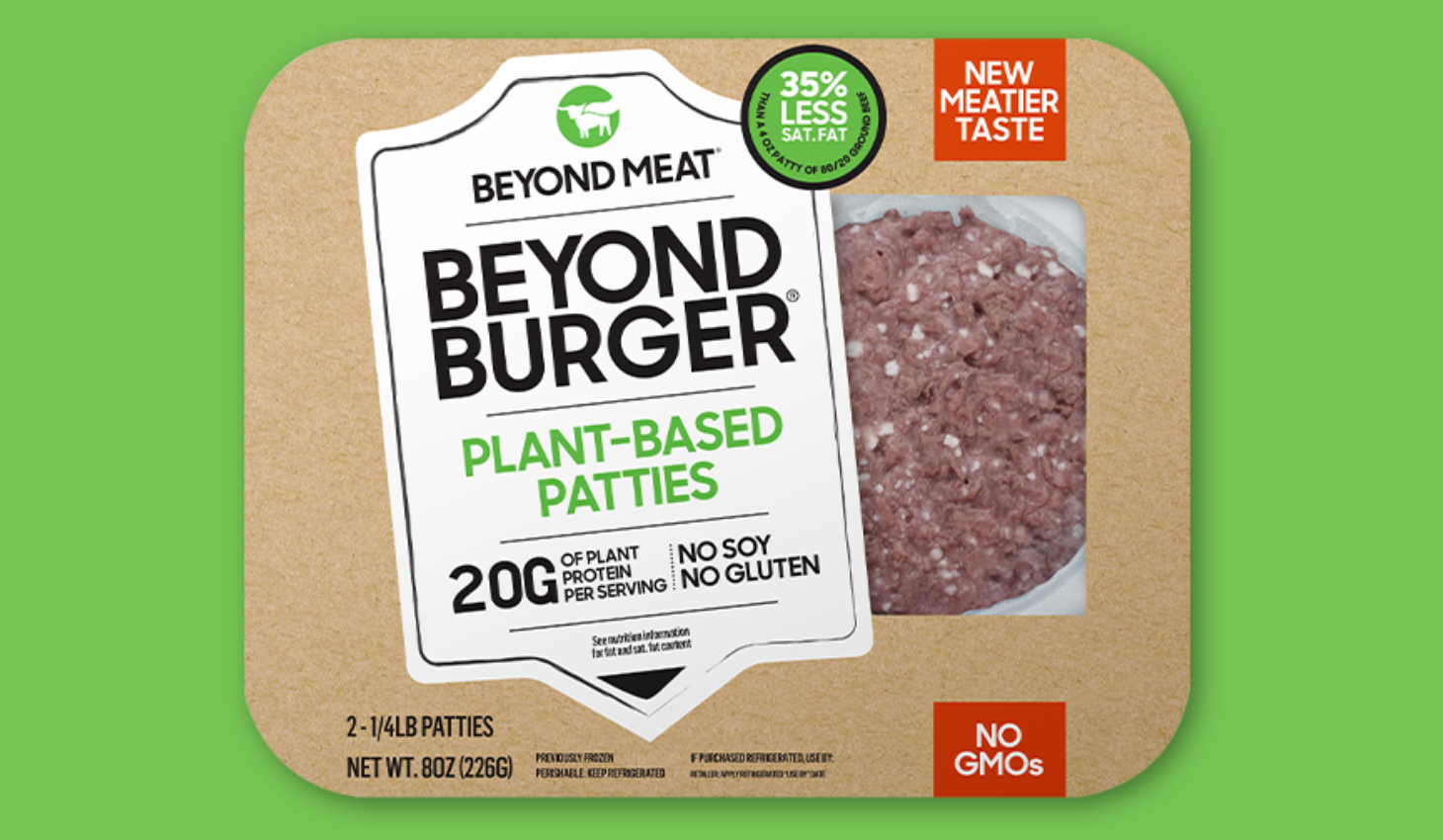
Alkaline Water Plus
Are there really any benefits to drinking alkaline water?
Some of Planters' roasted nuts contain oil, suggesting that the nuts are actually deep fried. Boom, roasted.
Picture this: You are in charge of the turkey this year. But instead of roasting the bird in the oven like you told your guests you would, you break with Thanksgiving tradition and throw the turkey in the deep fryer. You can bet that’s going to lead to at least a few perplexed faces at the dinner table.
Consumers who purchase certain varieties of Planters nuts marketed as “roasted” may be similarly surprised to find that the products contain oil, suggesting that the nuts, just like your non-traditional turkey, were actually deep fried. Labels for Planters roasted pecans, for example, list peanut oil as the second of three ingredients. Even Planters peanuts marketed as “dry roasted,” a cooking method that Planters describes on its website as “done in high-temperature ovens without oils,” contain, you guessed it, oil (Screenshots taken from Planters’ website):
Nuts are often marketed as a healthful food and Planters is no exception, referring to nuts as “the heroes of wholesome snacking” and encasing the words “heart healthy” in hearts on some of its packaging. But while it’s widely agreed that nuts pack heart-healthy fats it’s also widely agreed that roasted nuts are better for you than nuts that have been deep fried. For one thing, roasted nuts usually contain fewer calories.
Planters, though, seems content to conflate the two cooking methods, which may explain how oils are surfacing as ingredients in the company’s “roasted” nuts in the first place. In response to one of its own FAQs about preparation methods, the company states:
Oil-Roasted nuts are deep-fried in oil at about 315 degrees Fahrenheit.
It’s enough to drive you nuts.
TINA.org reached out to Kraft, which owns Planters, for comment. Check back for updates.
Read more of our coverage on foods labeled “healthy” here.
Our Ad Alerts are not just about false and deceptive marketing issues, but may also be about ads that, although not necessarily deceptive, should be viewed with caution. Ad Alerts can also be about single issues and may not include a comprehensive list of all marketing issues relating to the brand discussed.
Are there really any benefits to drinking alkaline water?
TINA.org investigates ingredients in company’s flagship product, the Beyond Burger.
Lawsuits against Kraft and Annie’s mac and cheese allege brands fail to disclose harmful chemical ingredients.

